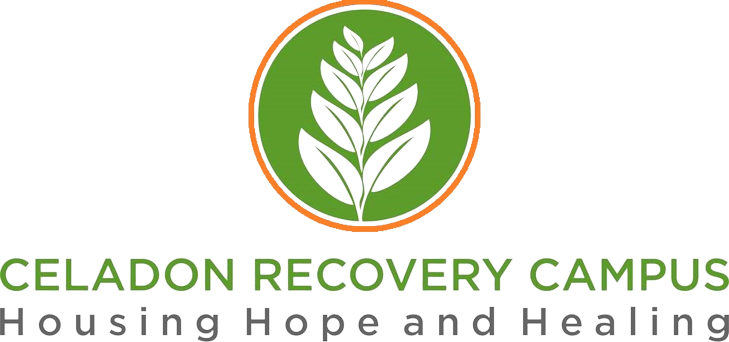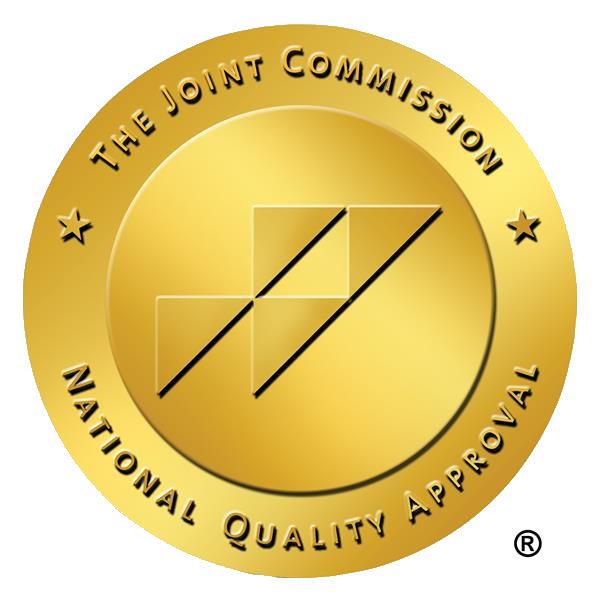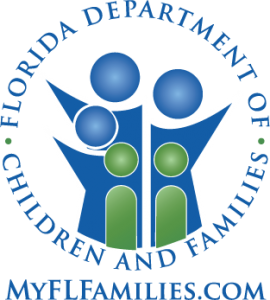Frequently Asked Questions
Where is Celadon Recovery located?
Celadon Recovery Campus is situated on the waterways of Fort Myers, FL, and Southwest Florida. Our Lee County treatment center is only minutes from I-75 and Southwest Florida International Airport.
3331 E Riverside Drive, Fort Myers, FL 33916
How do I pay for treatment?
Celadon is in-network with most major insurance providers. Our admissions advisor will answer all your questions regarding your insurance benefits and verification. Celadon also accepts bank debit/credit cards, wire transfers, or cashier’s checks.
Can I contact a family member in Treatment?
Short answer: depends. All client’s privacy is protected and that includes their admission into treatment. Each client determines who may or may not be involved with their care. If Celadon does not have a signed release from the client, we can neither confirm nor deny a client’s presence in treatment. When a loved one is admitted, they will be presented with the option to sign releases allowing contact for family and friends. In general, we ask that you wait a few days before checking on a family member. This provides time for patient acclimation and clinical assessment.
Can insurance cover treatment?
Yes, many insurances cover rehab and mental health treatment. Celadon Recovery accepts most major insurances. To determine your out-of-network benefits, deductible, copay or out-of-pocket benefits, contact our admissions cooridnators or fill out the insurance verification form above.
If you or someone you love is addicted to drugs and/or alcohol or seeking mental health treatment and you are worried about the cost, we can help. Help is available 24/7 call 239-266-2141 for any insurance or treatment questions.
What insurance do you accept?
We are in-network with most major insurance companies including Florida Blue, Ambetter, Beacon Health Options, Cigna, Humana, Magellan, Tricare and more. Call us today at 239.266.2141.
What is the process of dual diagnosis?
Dual diagnosis treatment includes treating substance use disorder and another mental health problem, at the same time. All patients undergo initial screening and assessment to determine if Celadon is right for you. Once admitted, our clinical team will perform more a detailed assessment and collaborate on a treatment plan.
What is the most common mental disorder in America right now?
The most common mental health problems are anxiety, depression, mood disorder, eating disorders, and bipolar disorder. We treat these problems in a full-continuum of inpatient/outpatient services.
What is the most common dual diagnosis?
Top Co-Occurring Disorders
Generalized Anxiety Disorder (GAD)
Attention Deficit Hyperactivity Disorder (ADHD)
Post-Traumatic Stress Disorder (PTSD)
Depression
Bipolar
Mood disorders
What is another name for a residential treatment?
Residential treatment is also called inpatient treatment or rehab, drug & alcohol rehab. Patients arrive and stay for 30+ days of addiction and mental health services.
What does VH stand for in mental health?
While verbal outcry’s are one of the telltale symptom of schizophrenia, people with a diagnosis of schizophrenia (SZ) may also experience visual hallucinations (VH) during episodes. Learn more about conditions we treat here.
What does SMI (SMI) stand for in mental health?
The acronym means Serious Mental Illness. SMI is a subset of mental illnesses and well-defined as one or more mental, behavioral, or emotional disorder(s) resulting in major functional impairment, which increasingly restricts or diminishes one or more major life activities.
Will I Need Medical Detox?
While not all clients need detox, it’s typically advised if clients enter treatment if they are under the influence of drugs or in a state of withdrawal. This is commonly seen with opioid, benzodiazepine, stimulant, and alcohol use.
Detoxification can be physically and emotionally draining. Our medical team is here to make your stay as comfortable as possible.
Your detox goals will vary based on your specific needs. But during this time, you may:
learn more about your drug addiction and understand your cravings
receive medications to relieve distressing withdrawal symptoms
participate in behavioral therapy to learn basic coping skills to manage cravings
obtain appropriate referrals for inpatient and outpatient rehab programs
transfer to residential treatment upon completing your stay
Inpatient Treatment vs. Outpatient Treatment
There are numerous drug and alcohol rehab options available in Florida. Many people engage in a step-down process when it comes to their levels of care. This process will vary based on your substance abuse and recovery plans.
Residential/Inpatient Treatment
After detox or hospitalization, this is the highest level of care. Our drug rehab offers 24/7 monitoring and support to clients. During this time, you will receive:
behavioral therapy
medication (if needed)
support for managing real-world stressors (i.e. legal or financial problems)
group therapy and support groups
treatment for mental health disorders
Intensive Outpatient/Outpatient Programs
Our intensive outpatient and outpatient programs offer structure and guidance for clients who need accountability for their long-term recovery. During this time, you may be working, attending school, or living on your own- while also participating in our drug rehab centers.
Residential treatment is important for treating acute and serious substance abuse. However, many people need the long-term approach of outpatient treatment to solidify their recoveries and maintain optimal mental health.
How to Pay for Substance Abuse Treatment in Florida?
The cost of substance abuse treatment in Florida can vary widely depending on the type of treatment program, the length of treatment, and the level of care needed. Many treatment centers and healthcare providers in Florida accept health insurance, including Medicaid. Additionally, there are many helpline services and resources available that can help individuals and family members navigate the process of finding affordable addiction treatment services. The Substance Abuse and Mental Health Services Administration (SAMHSA) offers a national helpline that provides free, confidential information and referrals to local treatment providers. In Florida, the Florida Department of Children and Families also offers a variety of resources and programs to help individuals and families access substance abuse and mental health treatment services. These programs include the State Opioid Response (SOR) program, which provides funding and resources to support the prevention and treatment of opioid use disorders, as well as the Substance Abuse and Mental Health Block Grant (SAMHBG) program, which provides funding for a range of substance abuse and mental health treatment services.
Why Seek Inpatient Rehab Treatment for Addiction?
A person addicted to drugs or alcohol becomes dependent on the substance, which means they will go through withdrawal if they suddenly stop using it. Withdrawal can be incredibly uncomfortable and even dangerous, which is why it’s crucial to seek professional help when trying to overcome addiction.
Who Can Benefit from PHP?
PHPs are designed for individuals facing mental health issues or battling addiction who do not require round-the-clock supervision yet need more support than what is available through outpatient care. This includes those with co-occurring disorders, individuals stepping down from residential care, or anyone in need of intensive therapy to manage their condition. A dual diagnosis approach ensures that treatment addresses both mental health disorders and substance use disorders concurrently, offering a holistic path to recovery.
Is buprenorphine the same as Suboxone?
There is a common misbelief that Suboxone and buprenorphine are the same. While buprenorphine is an active ingredient in Suboxone, so is naloxone. Buprenorphine is a partial opioid agonist that relieves withdrawal symptoms, while naloxone blocks opioid effects including overdose. It is the active ingredient in Narcan.





